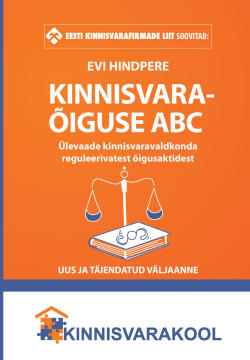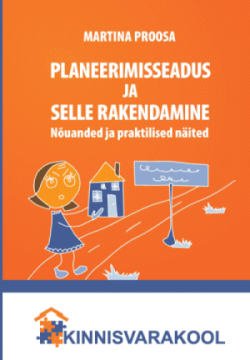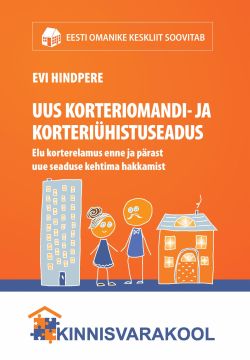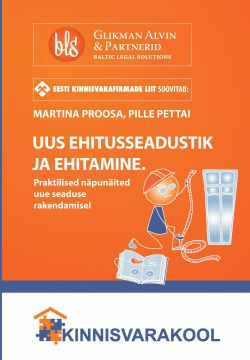 Over the quarter, housing affordability deteriorated in all three Baltic capitals. Compared with the same period last year, the housing affordability index (HAI) increased in Vilnius but declined in Riga and Tallinn, with the Estonian capital registering a more pronounced drop. However, rapidly increasing reservation prices indicate that prices of newly built apartments are growing even more steeply and dent in affordability could be larger.
Over the quarter, housing affordability deteriorated in all three Baltic capitals. Compared with the same period last year, the housing affordability index (HAI) increased in Vilnius but declined in Riga and Tallinn, with the Estonian capital registering a more pronounced drop. However, rapidly increasing reservation prices indicate that prices of newly built apartments are growing even more steeply and dent in affordability could be larger.
A decrease in interest rates in the first quarter supported housing affordability in the Baltics. Average wage growth in Vilnius surpassed average apartment price growth, lifting housing affordability in annual terms. Meanwhile, in Riga and Tallinn, average apartment price growth exceeded wage gains, resulting in a decrease in the HAI.
Rising interest rates are expected to depress housing affordability in the upcoming quarters. Rising construction costs, construction delays due to material shortages, and strong demand for housing will all keep upward pressure on housing prices across the Baltics. However, the skyrocketing inflation will significantly reduce purchasing power. While nominal wages will continue to grow and support high levels of the index, real wages are likely to decline in the near term and stabilise by the end of the year. Combined with the depressed economic outlook, the HAI is in practice unlikely to increase in the near future.















